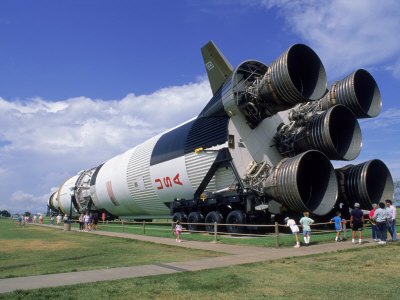GM: Saturn Closing "Not a Setback"
Today’s This morning’s GM WTF moment comes to us from CNN’s Assignment Detroit. It’s a damning report on GM’s post-bankruptcy travails, penned by veteran auto industry scribe Chris Isodore. You may remember Chris as the reporter to whom I recently gave shit about not giving a shit about GM’s refusal to release a secret list of closed dealers. Which TTAC’s number cruncher eventually created. Which all but the Orlando Sentinel ignored. Anyway, props to Isodore for doing a little barrel fish shooting, unearthing yet more disquieting factoids about your friendly neighborhood nationalized automaker. For example, “GM will now have to pay Saturn dealers between $100,000 and $1 million each to wind down, which will cost the company more than $100 million . . . GM spokesman John McDonald said that the company never counted on avoiding payments to dealers through a Saturn sale. So the collapse of the Saturn deal is not a setback.” Wait; what about the GM mothership’s lost volume/market share? Hope and change baby!
McDonald added that the company hopes to produce the same number of vehicles for its other brands that it would have if it was still making Saturns. GM has Chevrolet and Buick offerings that are similar to most Saturn models.
Saturn was small beer you say? Ja nir.
Saturn’s industrywide [sic] market share has fallen to a record low of less than 1% this year as buyers avoided the endangered brand and GM cut back on marketing efforts. But Saturn still accounted for about 4% of GM’s total sales in 2009. So any slip in sales could hurt GM at a time when it is struggling to end a period of market share declines in the U.S.
Could? Anyway, Chris goes on to highlight the fact that Opel’s sale will screw GM’s ability to create competitive products [paraphrasing, generalizing, teasing]. And he reveals the attitude that makes New GM such an old failure.
GM’s McDonald insists that missing the target date to close the [HUMMER] deal is not necessarily a sign that there are problems. “Especially when dealing with an international buyer, missing a deadline is not uncommon,” he said.
Sure. So what’s the bet HUMMER goes the way of Saturn? If Saturn’s demise will cost GM $100 million, much will it cost GM to extricate itself from the HUMMER boondoggle? Ten million here, ten million there, and soon you’re talking about real tax payer money. Again. Still. Again. [thanks to gslippy for the link]
More by Robert Farago
Latest Car Reviews
Read moreLatest Product Reviews
Read moreRecent Comments
- Lou_BC Well, I'd be impressed if this was in a ZR2. LOL
- Lou_BC This is my shocked face 😲 Hope formatting doesn't fook this up LOL
- Lou_BC Junior? Would that be a Beta Romeo?
- Lou_BC Gotta fix that formatting problem. What a pile of bullsh!t. Are longer posts costing TTAC money? FOOK
- Lou_BC 1.Honda: 6,334,825 vehicles potentially affected2.Ford: 6,152,6143.Kia America: 3,110,4474.Chrysler: 2,732,3985.General Motors: 2,021,0336.Nissan North America: 1,804,4437.Mercedes-Benz USA: 478,1738.Volkswagen Group of America: 453,7639.BMW of North America: 340,24910.Daimler Trucks North America: 261,959


































Comments
Join the conversation
Steven02 Why did GM recently quietly reduce the drive train components that are covered by their so called "excellent drive train warranty"? Gee, they excluded all the expensive parts in the fine print. Just wait for New GM car owners to find out they have been screwed again by GM when they bring their cars in for warranty service for things like problems with the electronics, fuel system, or clutch. Read about it here: http://www.thetruthaboutcars.com/gm-downsizes-100000-mile5-year-warranty/